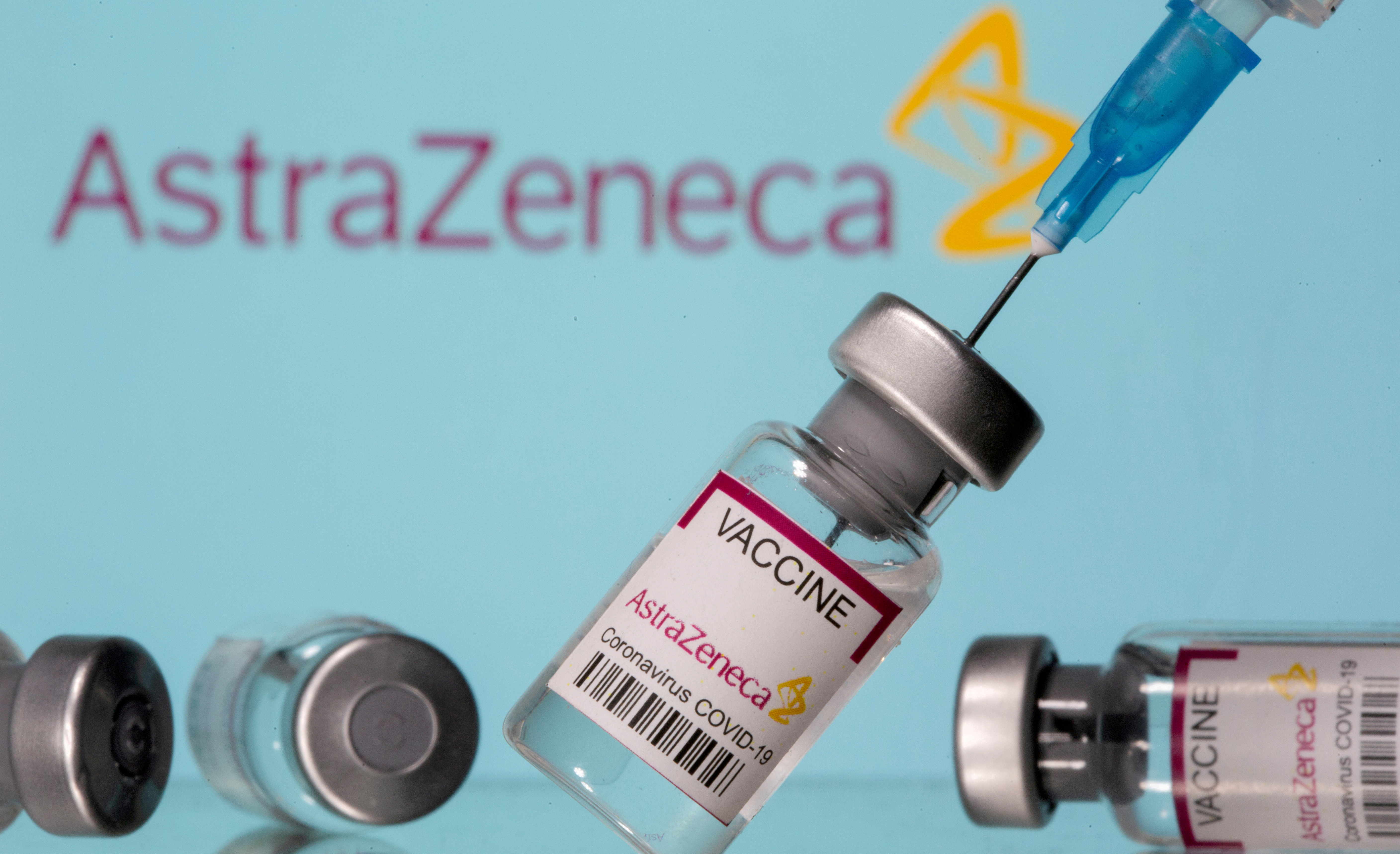Europe’s medicines regulator is reviewing reports of a rare nerve-degenerating disorder in people who received AstraZeneca’s COVID-19 shots, raising fresh questions about potential side-effects of the vaccine.
As part of a regular review of safety reports for the vaccine, Vaxzevria, the safety committee of the European Medicines Agency (EMA), is analysing data provided by AstraZeneca on cases of Guillain-Barre syndrome (GBS), it said on Friday, without specifying the number of cases.
The Anglo-Swedish drugmaker did not immediately respond to a request for comment.
The move comes after the EMA found last month that COVID-19 vaccines from both AstraZeneca and Johnson & Johnson may have caused very rare blood clotting cases.
While the regulator has said the benefits of AstraZeneca’s cheap and easily transportable vaccine in fighting the deadly pandemic outweigh any risks, several European countries have limited use to older age groups or suspended use altogether.
The EMA has also backed J&J’s vaccine, which is based on a similar technology to AstraZeneca’s.
The regulator said GBS was identified as a possible adverse event that needed to be specifically monitored during the vaccine’s conditional approval process, adding it had requested more detailed data on the cases from AstraZeneca.
RARE CONDITION
GBS is a rare neurological condition in which the body’s immune system attacks the protective coating on nerve fibres. Most cases follow a bacterial or viral infection.
The condition has been linked in the past to vaccinations – most notably to a vaccination campaign during a swine flu outbreak in the United States in 1976, and decades later to the vaccine used during the 2009 H1N1 flu pandemic.
However, researchers have found the chances of developing GBS after vaccination are extremely small.
On Friday, the EMA also said it was looking into reports of heart inflammation with Pfizer-BioNTech’s vaccine and Moderna’s shot. It said there was no indication at present that these cases were due to the vaccines.
Both the Pfizer-BioNTech and Moderna vaccines use new mRNA technology to build immunity.
Last week, the U.S. Centers for Disease Control and Prevention said it had not found a link between heart inflammation and COVID-19 vaccines.
Pfizer and BioNTech said in a joint statement they would support the EMA’s review and that they also saw no indication of a causal link after more than 450 million doses had been administered globally.
Myocarditis was not observed at a higher rate than would be expected in the general population, they added.
Moderna did not immediately respond to a request for comment.







Click here to change your cookie preferences